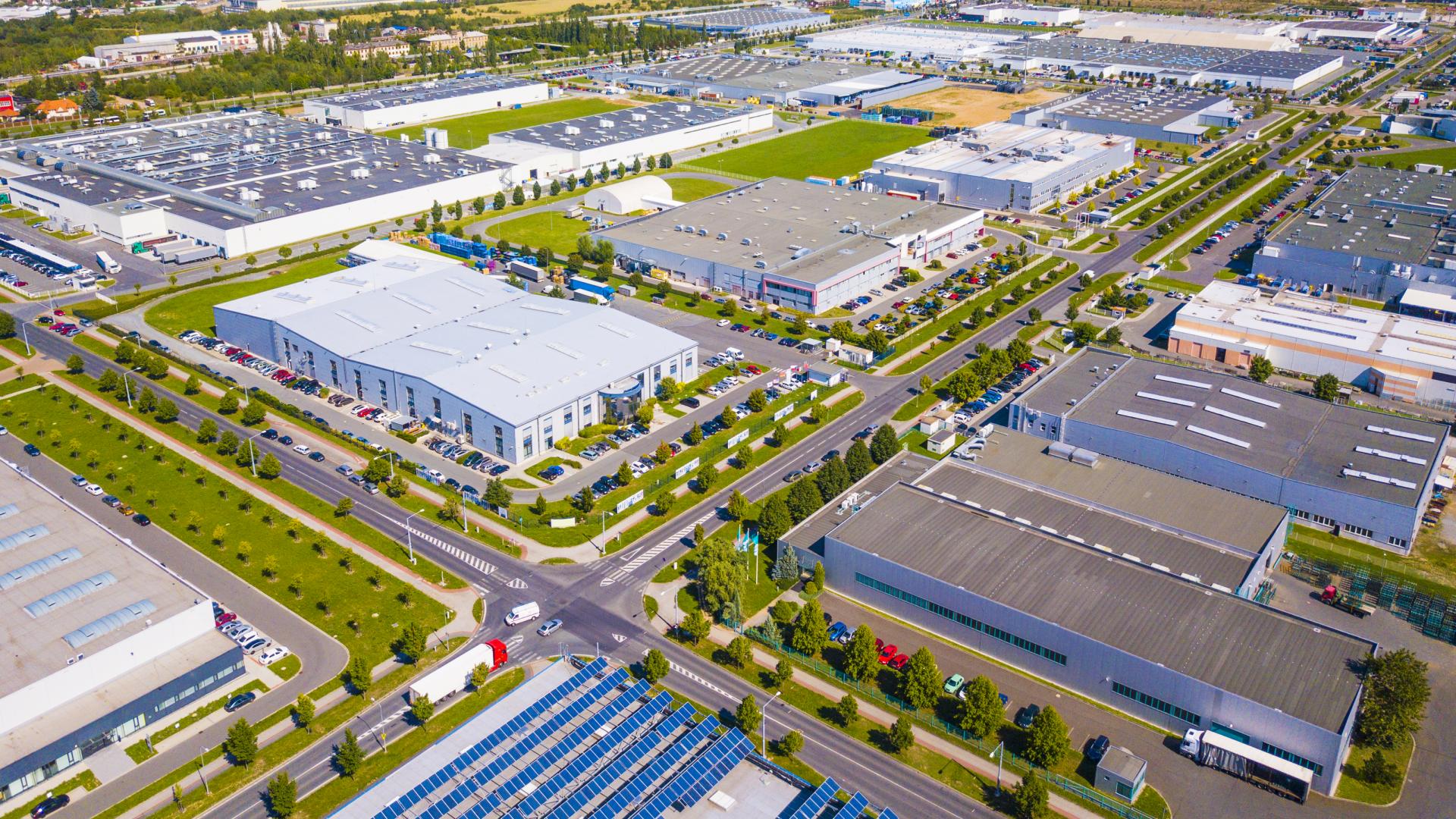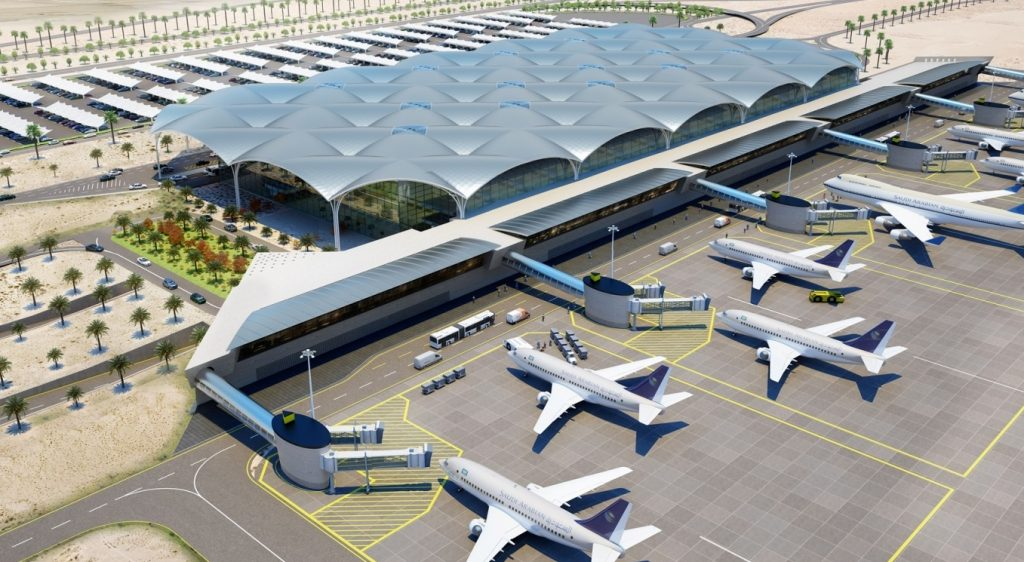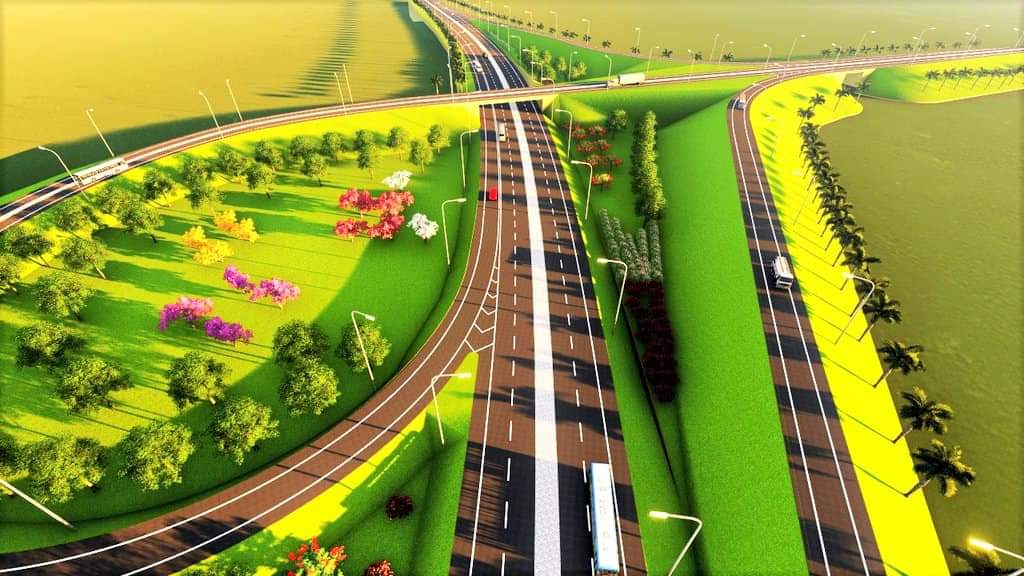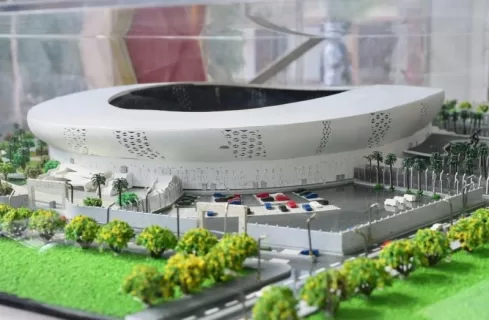Uganda is undergoing a major transformation fueled by some of the most ambitious infrastructure projects in its history. These government-led mega projects span across energy, transportation, oil and gas, sports, and urban development. From oil pipelines to world-class stadiums, Uganda is positioning itself as a regional powerhouse in trade, energy, and connectivity. Here is an in-depth look at thirteen of the most significant government projects shaping the future of the country.
1. East African Crude Oil Pipeline (EACOP)
One of the largest infrastructure projects in East Africa, the East African Crude Oil Pipeline stretches 1,443 kilometers from Hoima in Uganda to the port of Tanga in Tanzania. Valued at between five and ten billion US dollars, the pipeline is already over fifty percent complete and is expected to be operational by mid-2026. Once finished, it will transport up to 216,000 barrels of crude oil per day. The project is jointly backed by the governments of Uganda and Tanzania, along with major stakeholders TotalEnergies and the China National Offshore Oil Corporation.

We Will Build a Website For You in 4 Working Days. Click on This Link to Contact Us
2. Uganda Oil Refinery and Kabalega Industrial Park
Located in Hoima District, the Uganda Oil Refinery project is valued at approximately four billion US dollars. It is designed to process up to 60,000 barrels of oil per day and will be the cornerstone of the Kabalega Industrial Park. This 29 square kilometer complex will host not only the refinery but also fertilizer plants, oil storage facilities, housing estates, a hospital, and an international airport. The Front-End Engineering Design has been completed, and construction is expected to begin soon with operations slated for 2027.
We Will Build a Website For You in 4 Working Days. Click on This Link to Contact Us

3. Tilenga and Kingfisher Oil Fields
The Tilenga and Kingfisher oil fields, located near Lake Albert, represent major upstream developments in Uganda’s oil sector. Tilenga is operated by TotalEnergies, while Kingfisher is run by the China National Offshore Oil Corporation. These multi-billion dollar projects have already employed over 11,000 Ugandans and are integral to the country’s overall oil production strategy. Drilling and infrastructure installation are actively ongoing.

4. Standard Gauge Railway (SGR) – Kampala to Malaba
This section of Uganda’s planned standard gauge railway covers 273 kilometers from Kampala to the Malaba border with Kenya. It is part of a larger 1,724 kilometer East African railway network designed to improve trade logistics across the region. Valued at approximately 2.3 billion US dollars, the project is being executed by Turkish firm Yapi Merkezi. While construction awaits full financing, agreements have been signed and the target completion date is set for 2028.

5. Kampala to Jinja Expressway
The Kampala to Jinja Expressway is a 77 kilometer toll highway designed to relieve traffic congestion and improve trade along Uganda’s busiest transport corridor. With an estimated cost of around 1.1 billion US dollars, the project is being implemented as a public-private partnership and is financed by institutions such as the African Development Bank, the European Union, and the UK’s Foreign, Commonwealth and Development Office. Completion is expected around the year 2030.

6. Kabalega International Airport in Hoima
This airport project is primarily designed to support the logistics needs of Uganda’s growing oil and gas sector, but it will also handle commercial passenger and cargo flights. The airport features a 3.5 kilometer runway capable of accommodating large aircraft such as Boeing 747s. The project is valued at approximately 323 million US dollars and is currently over 85 percent complete. It is scheduled to open in September 2025.

7. Kidepo International Airport in Karamoja
Located near Kidepo Valley National Park, this new international airport is expected to boost tourism and regional trade. With an annual passenger capacity of up to two million, the airport is designed to accommodate large aircraft including the Boeing 777. Construction began in August 2024 and initial groundwork is now underway.

8. Bukasa Inland Port
The Bukasa Inland Port, located on the shores of Lake Victoria near Kampala, is a key logistics project aimed at reducing Uganda’s dependency on the port of Mombasa. The port will have the capacity to handle approximately 5.2 million tonnes of cargo per year. Phase one of the project, valued at 14.9 million euros, is currently under construction and is expected to be completed by late 2025.
9. Hydropower Dams – Ayago, Kiba, and Oriang
Uganda is planning to significantly expand its power generation capacity through the construction of three massive hydropower dams on the River Nile. These include Ayago with a planned output of 840 megawatts, Kiba with 400 megawatts, and Oriang with 392 megawatts. Combined, they are expected to add approximately 1,600 megawatts to the national grid. These projects are currently under planning and funding negotiations.

10. Angololo Multipurpose Dam
This dam project, located on the Uganda–Kenya border in Tororo, is designed to deliver clean water, irrigation for 3,300 hectares, and generate 1.75 megawatts of hydroelectric power. The dam stands 30 meters high and construction is actively underway. Completion is expected between 2025 and 2026.
11. Mpigi Expressway
The Kampala to Mpigi Expressway is a key transport corridor stretching approximately 23 kilometers. It is designed to ease traffic congestion and improve regional connectivity. The project is being constructed by China Civil Engineering Construction Corporation and is valued at over 147 million US dollars. Construction is currently ongoing with expected completion in 2025.

12. Hoima Stadium
This 20,000-seat stadium in Hoima City is one of the key venues being built in preparation for Uganda’s role as a host of the 2027 Africa Cup of Nations. Funded by the government with support from China, the stadium will serve both international tournaments and domestic league events. Groundbreaking began in 2024, and construction is progressing steadily.

13. Aki Bua Olympic Stadium
Named after Uganda’s first Olympic gold medalist John Akii-Bua, this stadium is being constructed in Lira. With a capacity of 30,000 seats, it is designed as a multi-sport facility capable of hosting international events. The project is being revived as part of the 2024 to 2026 infrastructure agenda and will serve as a key venue for national sports development as well as 2027 Africa Cup of Nations matches.

These thirteen mega projects reflect Uganda’s strategic push toward modernization, regional integration, and economic resilience. By investing in oil, energy, transport, tourism, and sports infrastructure, the country is laying the foundation for long-term development and positioning itself as a key player in the East African region.

